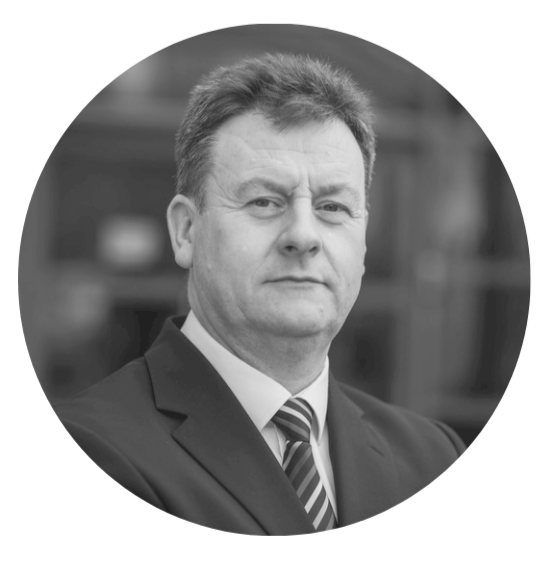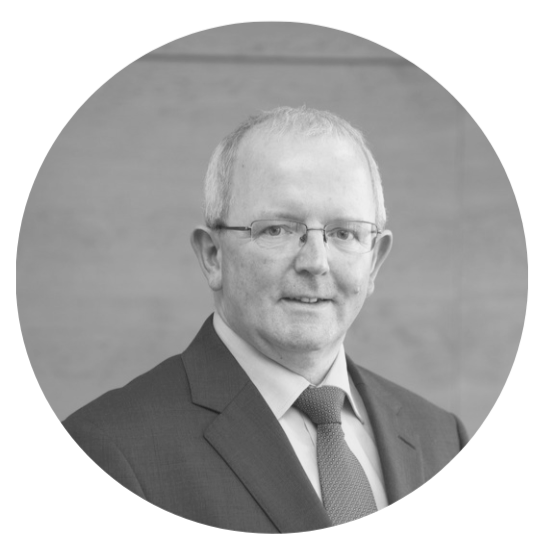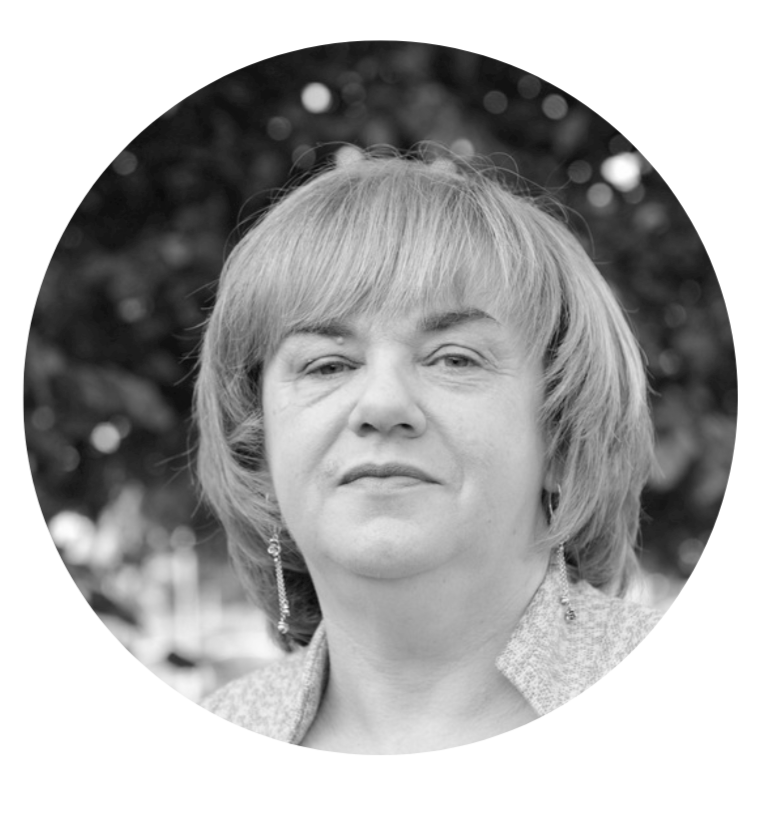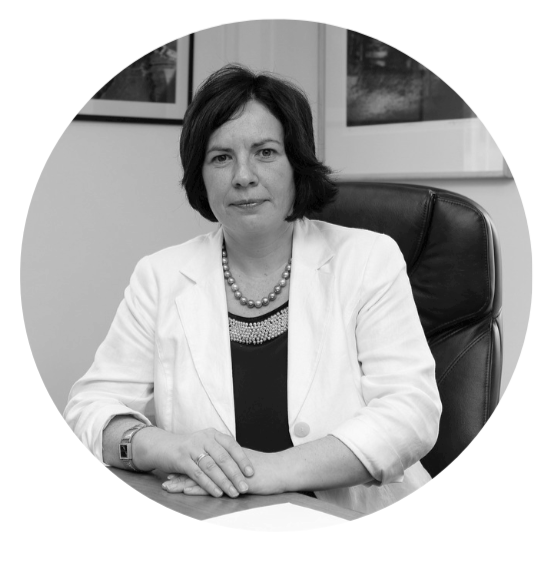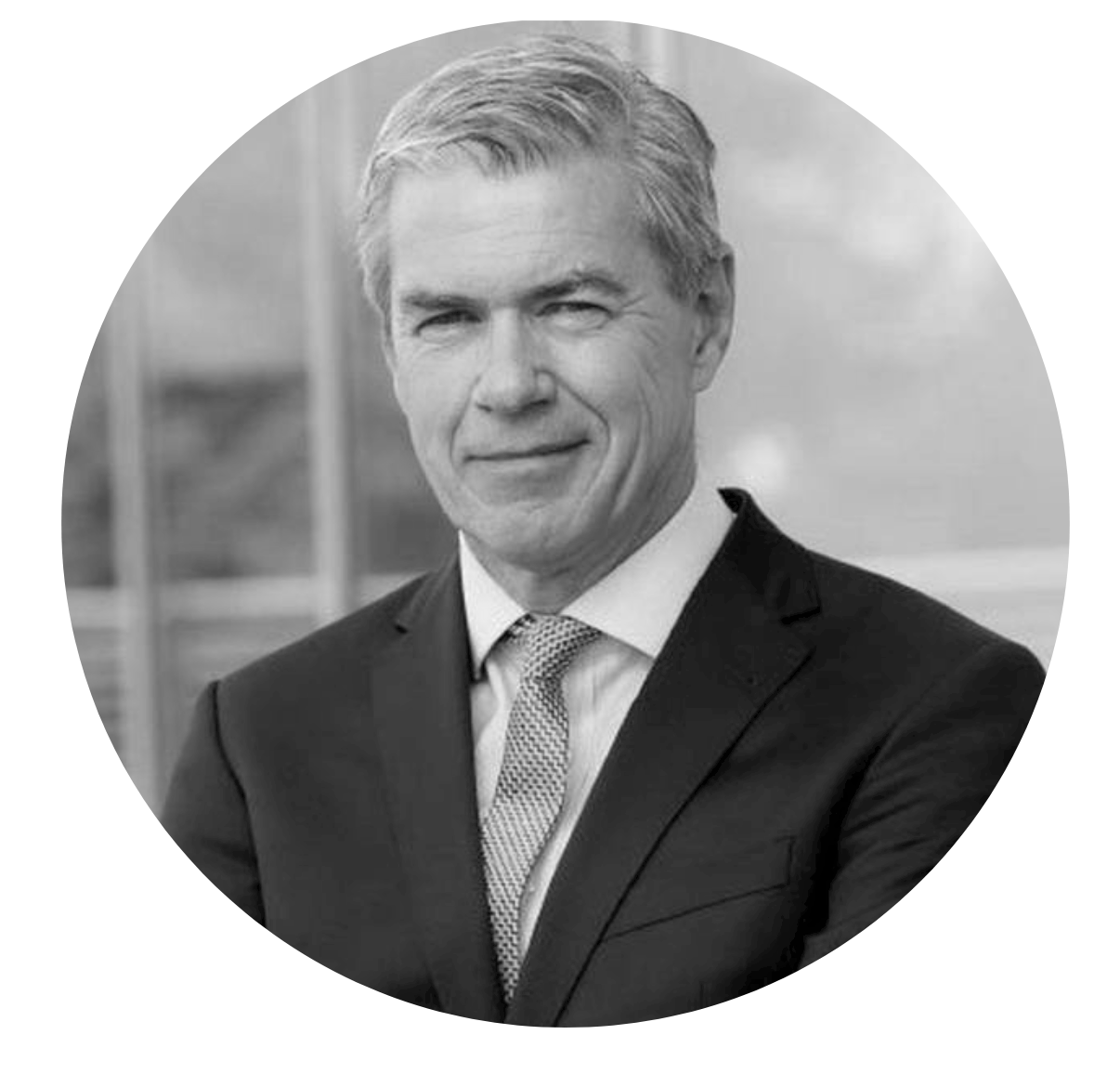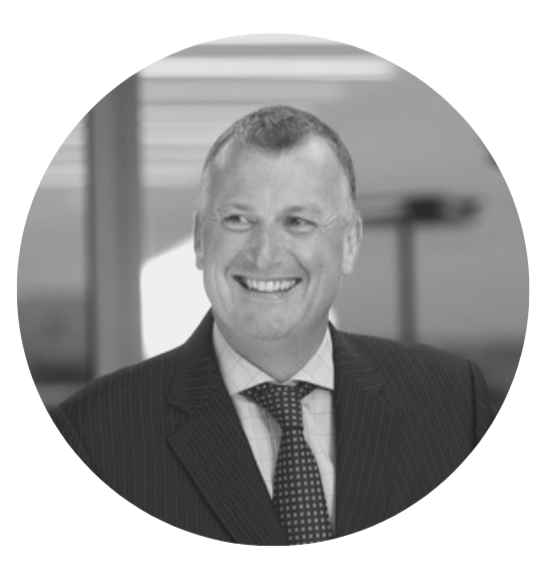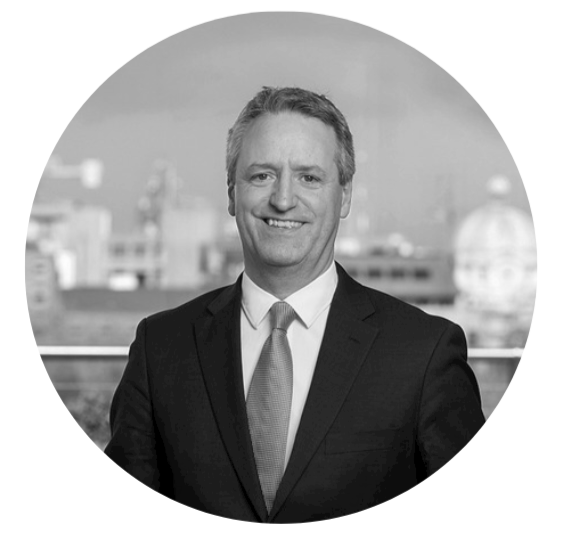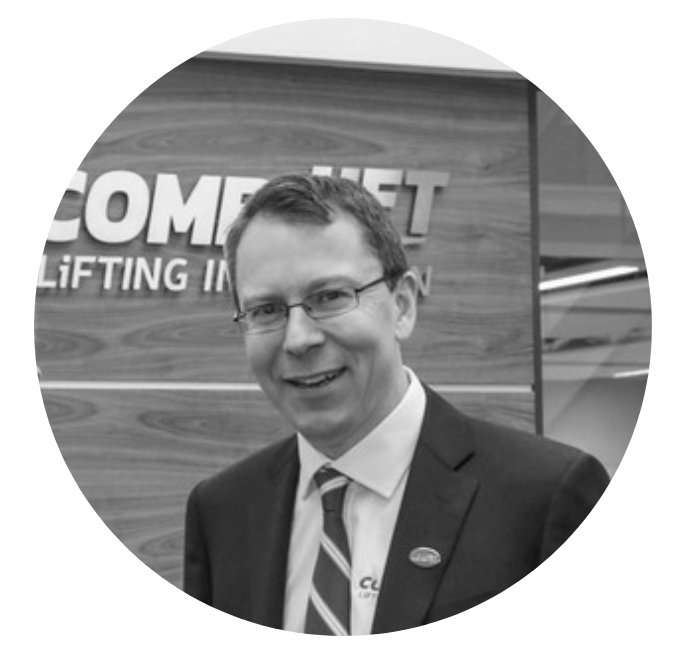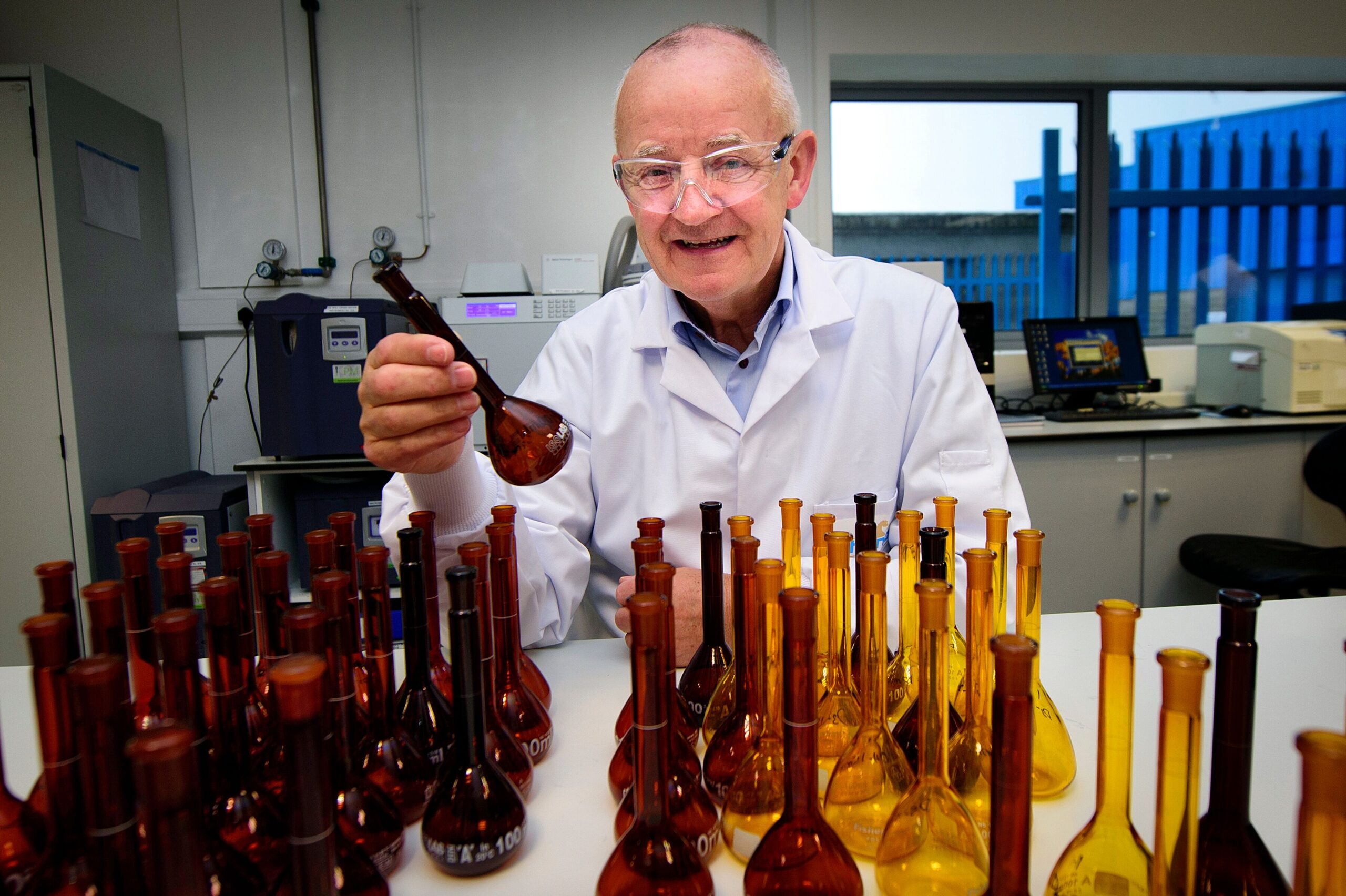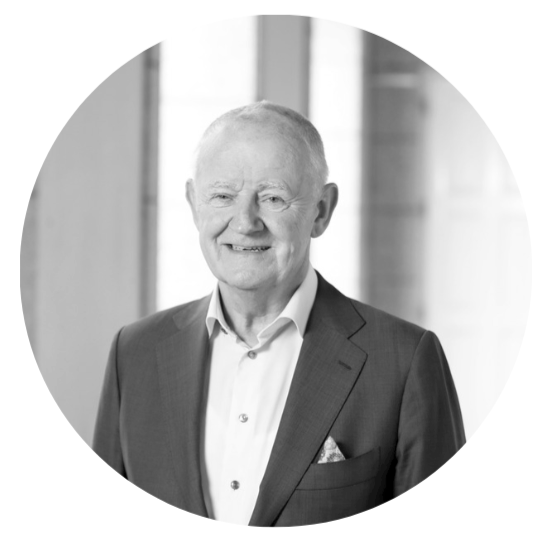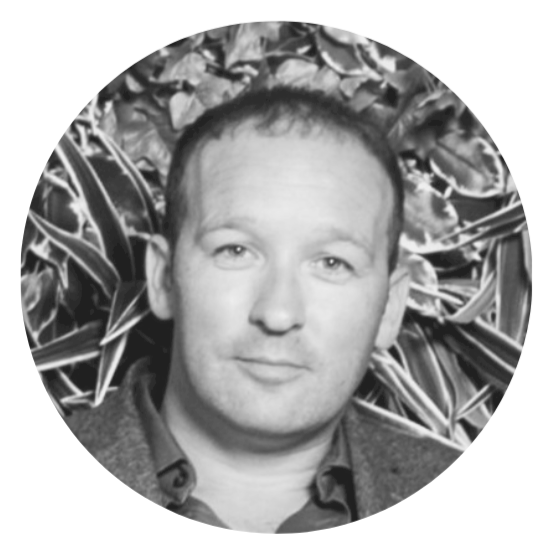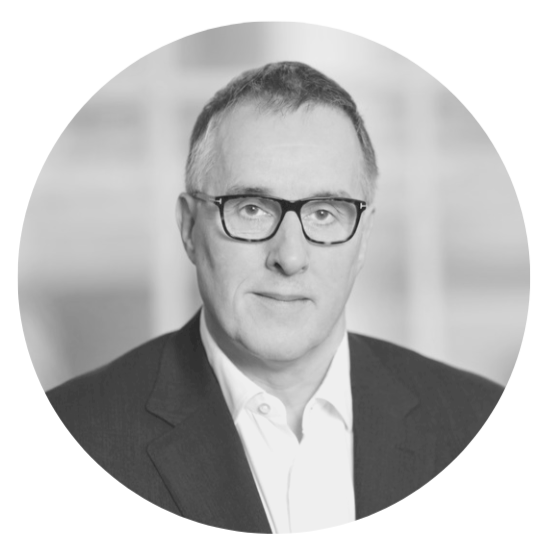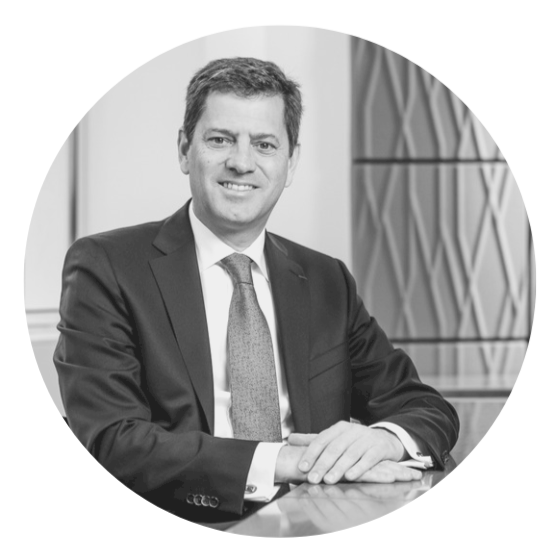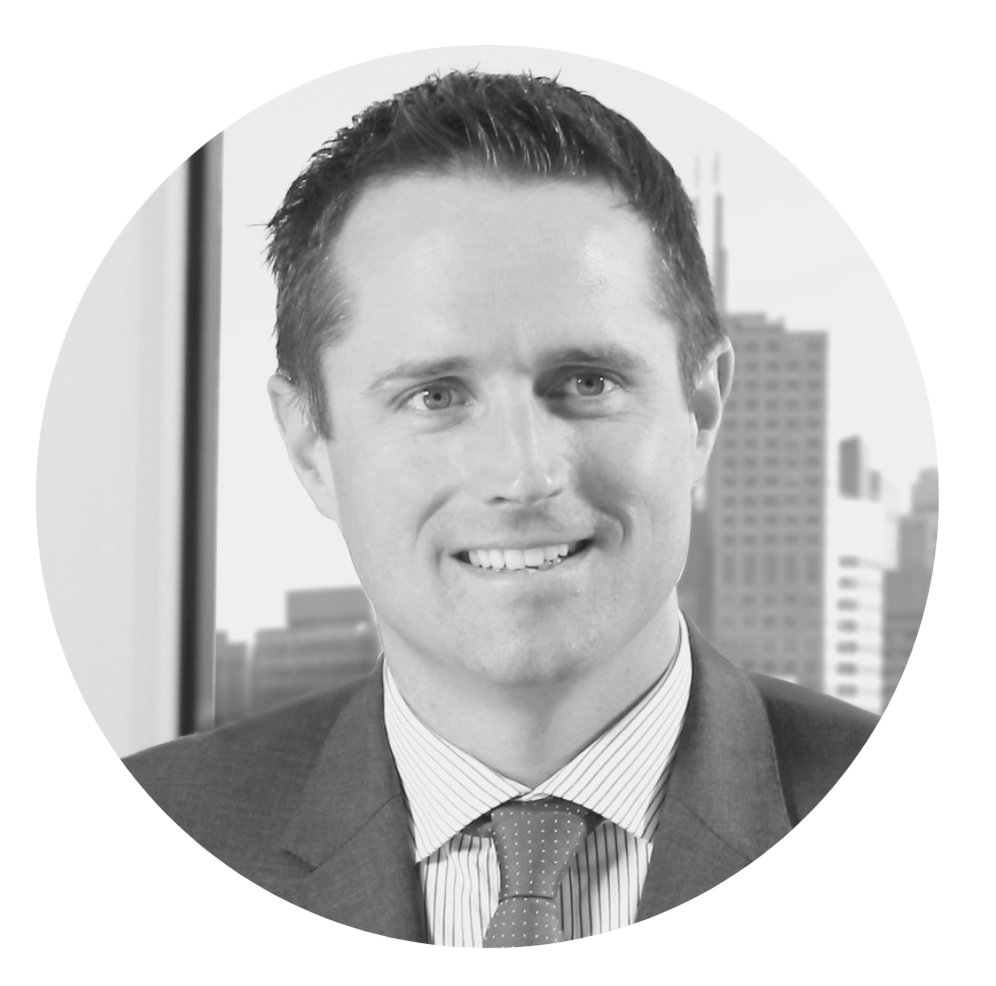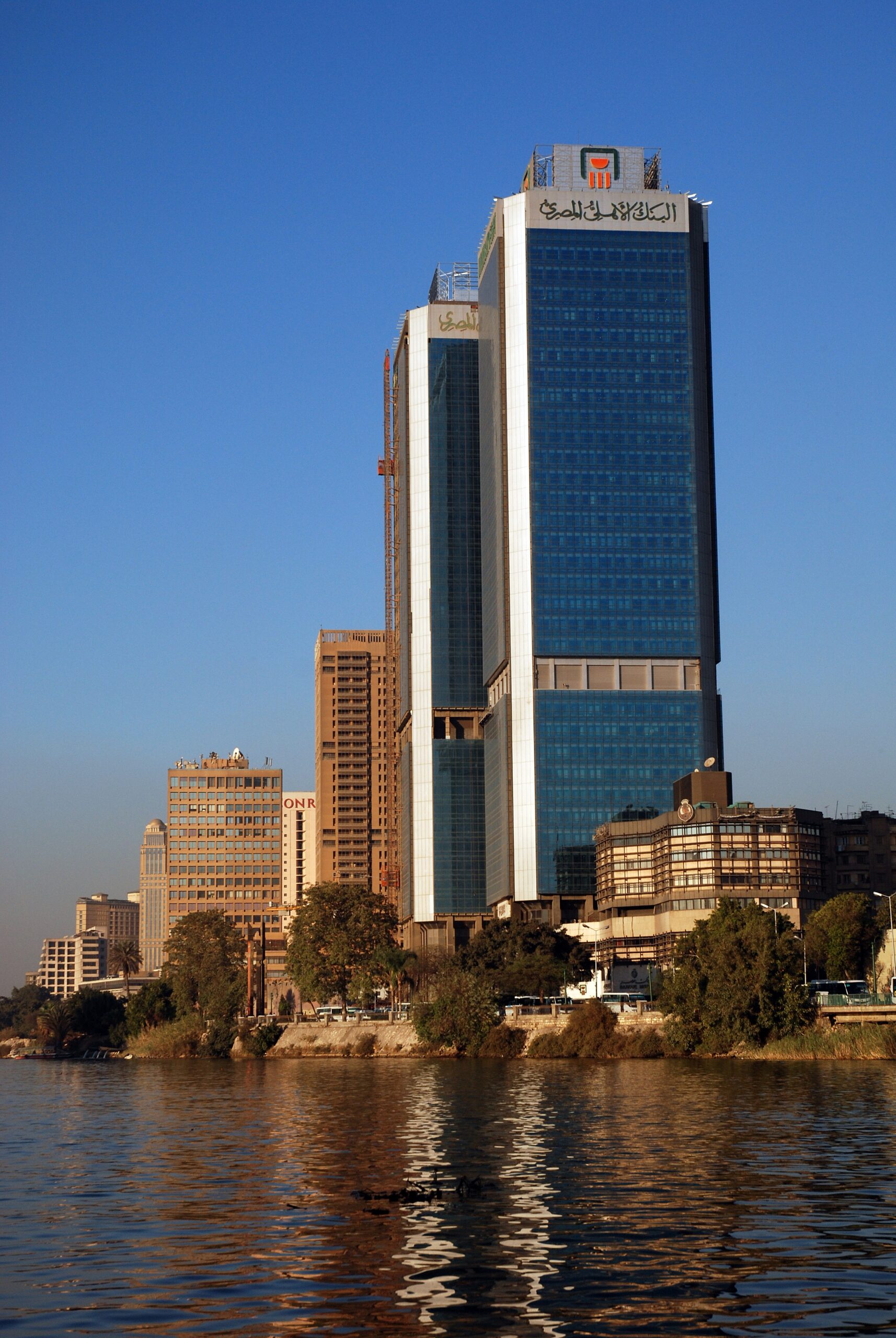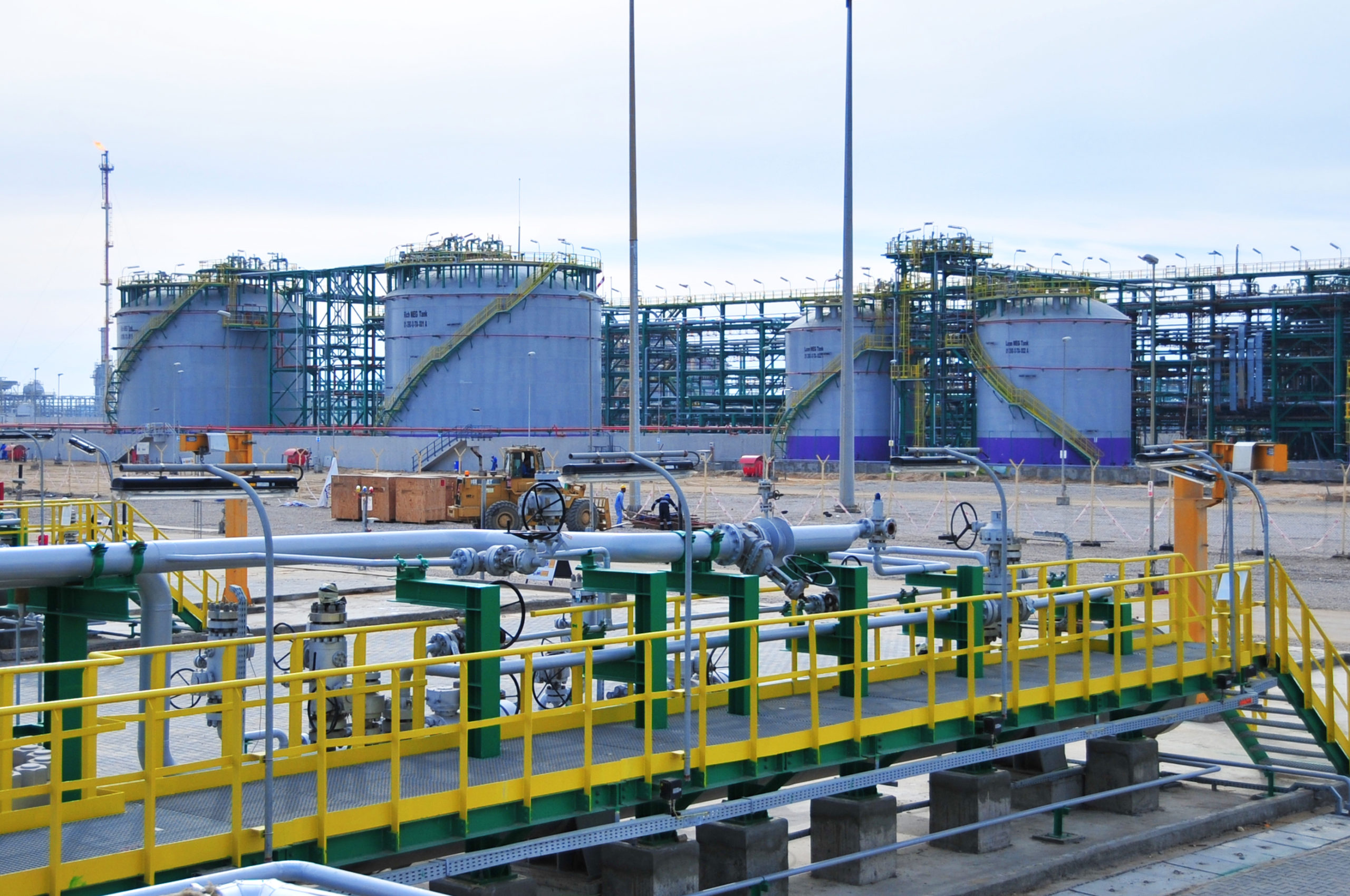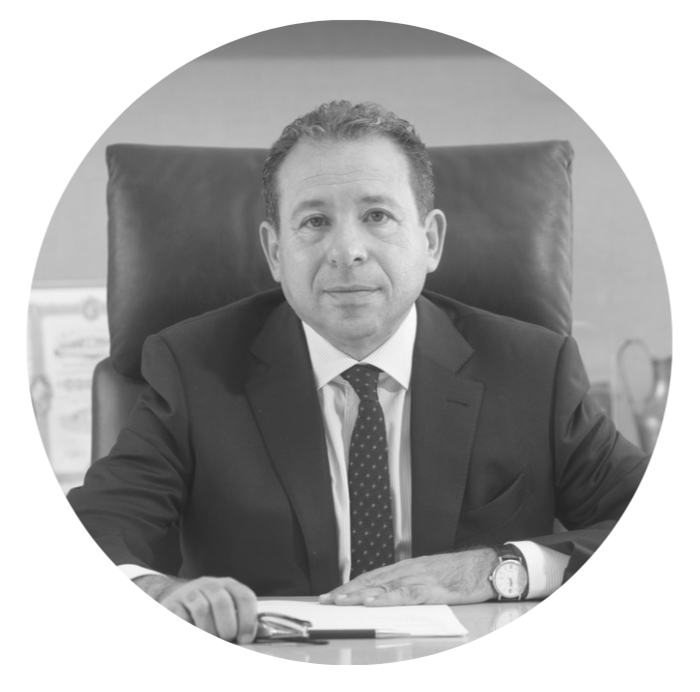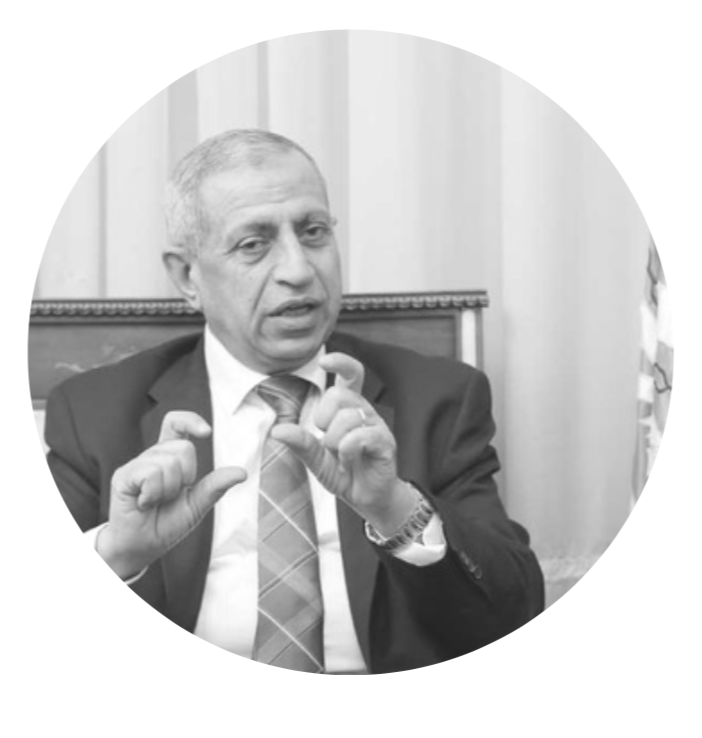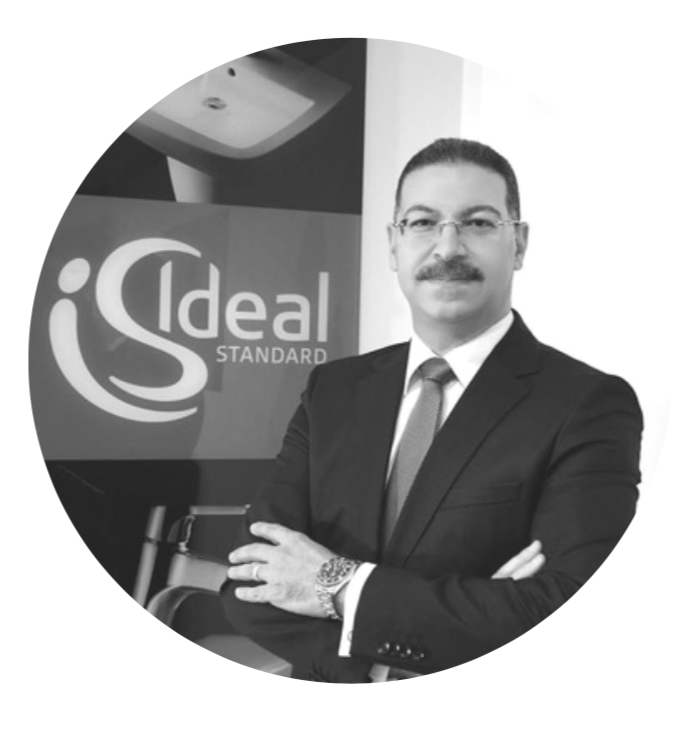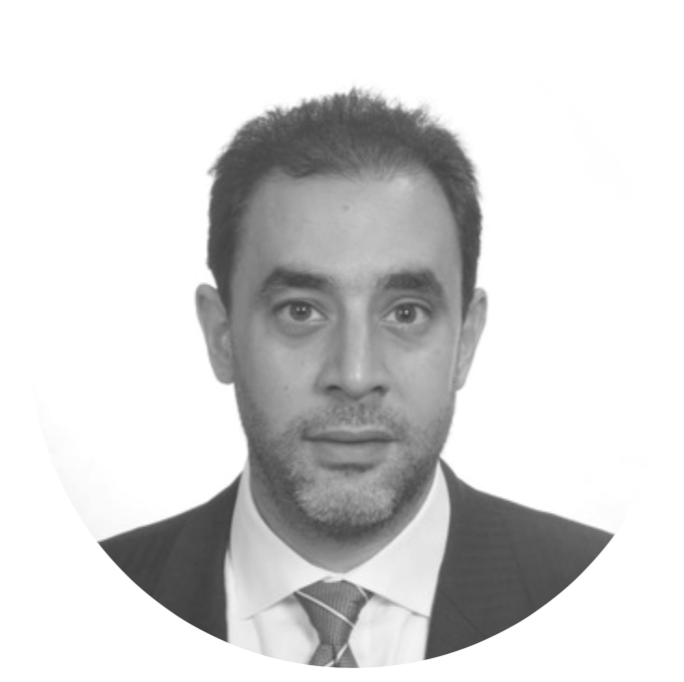 What makes Šabac a smart choice for investors?
What makes Šabac a smart choice for investors?
An interesting fact about the city of Šabac is that it was the first city in Serbia to meet the international standards ISO 9001:2000 which is a testament to our efficiency as an organization and our dedication to customer satisfaction.Besides, the City is a carrier of a regional Busines friendly certificate, BFC SEE. More importantly, as the largest city of the Mačva District, Šabac is a business and industrial center characterized by its sizeable qualified labor force.
The city of Šabac is in north-western Serbia, at the crossroad of some of the most critical Serbian road, rail and water networks including easy access to Corridor X and Corridor VII via a purpose built 24 km road. In addition, the city is a beautiful 70-kilometer drive from Belgrade’s “Nikola Tesla” international airport making travel comfortable and convenient.
Once in the city, potential investors can choose to locate within several areas, including its Free Economic Zone which in particular benefits from extensive federal benefits. Šabac possesses 600 hectares of land 3km from downtown ready for industrial development. Investors can choose the size, shape, and position of the plot, according to their own needs at a symbolic price of EUR 7 per square meter. It includes all utilities. The City is extremely efficient and is obliged to provide the land with all services ready for use including sewage and storm sewer, water supply, gas distribution system, high voltage, and an asphalt road. The Zone is also connected to the WWTP which is a big advantage for some investors. As the city owns the whole industrial zone, changing ownership can be done quickly. We always try to ensure a turnaround of 35 days.
The city of Šabac’s efficient administration was rewarded, by the National Alliance for Local Economic Development, NALED, as the top destination for investing thanks to our dedication in ensuring issuing of construction and other permits are done in the fastest way nationwide. Additional, the Financial Times awarded the City of Šabac as one of top 10 micro cities in Europe for FDI strategy.
How do you view the future development of the city?
We are very open and welcoming to investors. The city of Šabac has the most prominent industrial zone in the region and continuously invests in ensuring the infrastructure of the area meets local and international future demand. We hope this will attract additional investors, which in turn will boost the city’s development. We have many competitive advantages.
Companies have chosen Šabac also because of the geographical position; we are only 40 km from the EU border with Croatia. The proximity offers excellent connectivity.
Others choose Šabac because of our extensive and qualified labor force. In 2016 the city invested over EUR 600 000 in training future employees. We continuously provide training to ensure the labor force is up to date with the needs of modern industry, and the requirements of increasingly international work environments. At the moment we are developing the Educational Training center which will ensure skilled workers to the investors.
What economic sector has the most potential for growth?
The city of Šabac is in a geographical region with deep historical ties to agricultural. Nearly 50% of the population lives in surrounding villages and produce large amounts of raw milk and fruits. However, the agriculture sector has room to develop further. We believe the food processing sector needs particular attention to ensure its development. At the moment, agricultural produce is exported with little to no value addition. So the food processing sector would be a tremendous opportunity for future investors.
The city has a historical tradition in chemical production through, Zorka Šabac, which was the biggest petrochemical industry in Yugoslavia. Also, we can say the automotive industry is quickly developing in Šabac and has growth and diversification potential.
How do you assess the quality of life in Šabac?
Šabac is full of beautiful streets and parks, cultural events, sports manifestations, and fairs. We have been continuously improving the city since 2000. We invest a lot in quality of life and cultural development. There are excellent theatre, swimming pool, and other cultural venues. We are investing to ensure an improvement in the quality of life of both residents, investors, and visitors. Also, thanks to expanding resources on education the city has no waiting lists for kindergarten, which is the case in many towns and other metropolitan areas in Serbia. The City of Šabac is the only city in Serbia which is returning the property tax to its communities to decide on their own on which infrastructure project they will spend it.
What should potential investors remember about the city of Šabac?
Šabac has the most prominent industrial zone in the region. We are the number one destination for investing in Serbia and have the most efficient administration. The city of Šabac is a reliable partner for investors. We believe it is essential to fund and support equally the private sector, the cities development and the development of our citizens.

